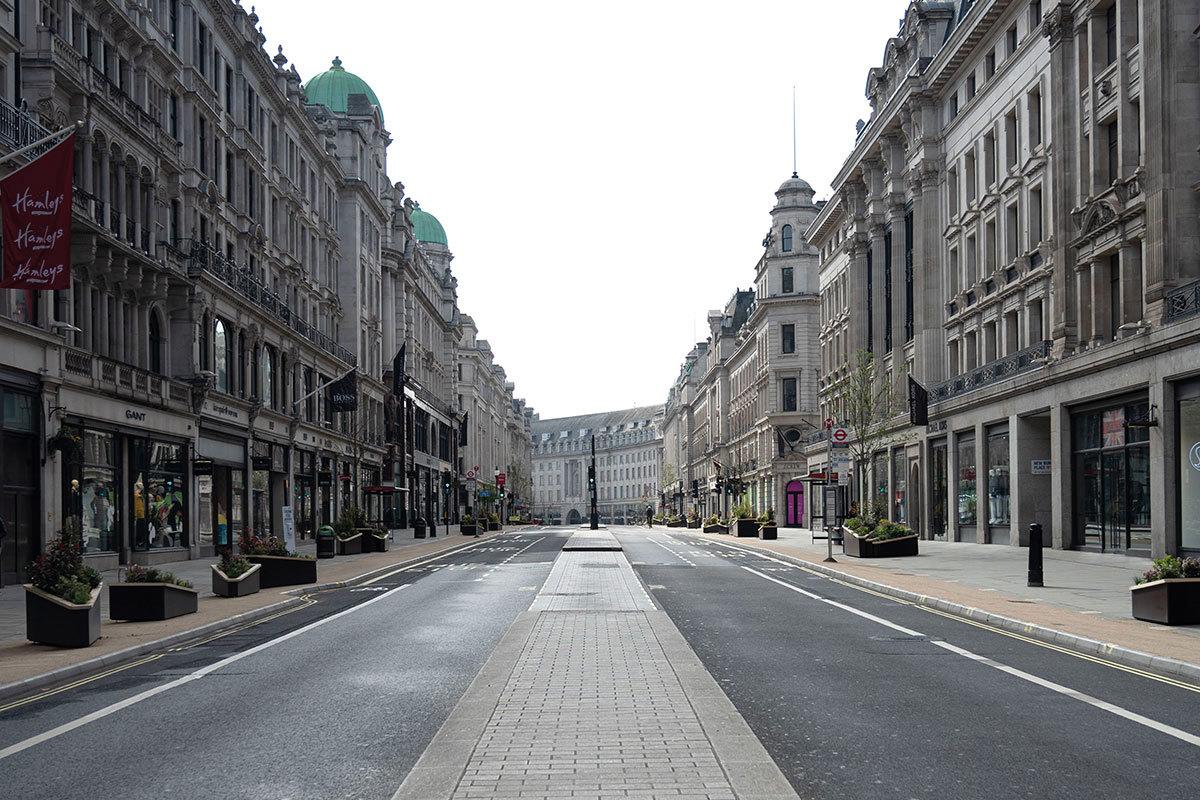
Cities will be back after the pandemic
30 July 2021
Guest column by Johan P Larsson, University of Cambridge
The current pandemic has sparked a new wave of gloomy predictions for the long-term prospects of large cities. Many believe that we will find a new balance with urban labour markets becoming less important as people successfully work from their gardens and summer cottages. These claims are likely exaggerated. The truth is that if cities were not so tremendously productive, markets would have broken them a long time ago.
Some people enjoy working from home, at least some of the time. It also seems that employers do not mind, at least for as long as output does not suffer. For instance, a survey by the Stockholm Chamber of Commerce showed that employers and employees alike seem to think that three days per week of actual office work is just the right amount.
But the more long-term question is not what employers or employees want. The question is what markets can bear. What we must remember is that the technologies we use to work from home have been around for a long time. If we can indeed effectively work from outside the office, then we must also ask ourselves: just how do firms get away with paying innercity rents if there is an option that obvious? If workers can be spread out around the country and live cheaper and with more space, while firms can cut rent costs, then how come urban employers have not already been outcompeted as city rents and wages soared over the past century? This reasoning raises two important questions. First, are we really that good at working from home? Second, can remote working replace the wider productivity benefits of working in large cities?
About question one – how good are we at this remote thing? – the evidence is coming in right now, and thus far it is not good. In a new working paper, Michael Gibbs, Friederike Mengel, and Christoph Siemroth exploit a goldmine of data to analyze this issue. The authors have access to refined productivity statistics on over 10,000 skilled professionals in an Asian IT firm. More importantly: the data span the time before and after the pandemic. The results? Production remained largely flat after people started working from home, while productivity decreased dramatically. People worked 30 per cent longer hours to be able to keep up with their workload. Could it be that those pushing the narrative that more people should work from home is a rather small, suburban group, presumably with comfortable home offices?
The second question, about the wider productivity benefits of cities, relates to what economists call spillovers. When Mohammad Arzaghi and J Vernon Henderson analysed advertisement firms on Madison Avenue on Manhattan, they showed that location is immensely important for how well a knowledgeintensive business manages to capitalize on its networks. Location is not just a factor. It is the factor. When networks truly matter, firms that misallocate even by a few blocks struggle to keep up with the competition. Together with my colleagues Martin Andersson and Johan Klaesson, I have showed evidence consistent with similar neighbourhood effects in a wide range of industries and occupations. The more knowledge-intensive the work tasks, the more important are the spillovers. About the longterm consequences we can only speculate. But it is reasonable to believe that absence of city-life and ‘local buzz’ will be visible in the long-term data on innovation. The type of serendipitous moments that spark that next great idea are simply less likely to happen from behind a webcam.
The battle testing enforced by international markets and competition has a way of weeding out the bad ideas in the most brutal fashion. Dealing with a pandemic will be no different. In a word, what cities do best is learning. And while we are not entirely sure what we are to learn from the pandemic, what we do know is that we will be one experience richer, and that some cities will learn how to deal with these problems better than others. When the productivity statistics are in, we will know who they are.
ABOUT JOHAN P LARSSON
Johan P Larsson holds a PhD from Jönköping University and is a Lecturer in Economics and Public Policy at the University of Cambridge. Johan’s research includes policy, entrepreneurship and economic microgeographies and has published several research papers on these topics.
Join our mailing list
and keep up-to-date with the Chamber's news and events.
Read our Privacy Policy here